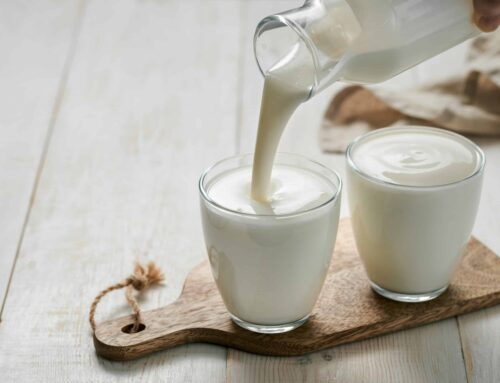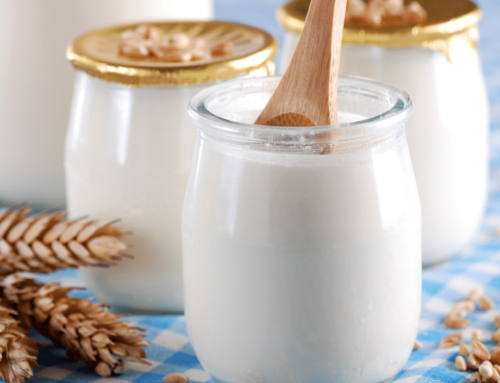New processed cheese is clean!
Spreadable processed cheese represents a large part of the worldwide cheese market. Enjoyed in various forms around the world, processed cheeses are easy to consume and also maintain their nutritional value.
To continually draw consumers, these cheeses must meet their increasingly demanding health expectations. Less salt, but just as much taste. Less texturizing agent, but plenty of texture! And no more preservatives. Spreadable cheeses are able to meet this challenge, thanks to milk proteins. Say hello to industrial processed cheese with no additives!

What is the state of the global processed cheese market?
All around the world, cheese remains a popular product, with local variations.
Processed cheese is a product well-suited to consumers’ new lifestyles, including snacking and cooking at home. Spreads and other processed cheeses, when rich in fat, are also used by some BVP manufacturers and restaurant owners as a substitute for butter or margarine (1).
In Middle Eastern and Southern Hemisphere countries, where refrigerated distribution is irregular, spreads are highly convenient due to their suitability for UHT processing. These cheeses also have a good reputation as economical sources of both protein and calcium.
However, it is imperative that these products uphold two qualities: a long shelf life and genuine nutritional value!
Note: The vitality of the organic cheese market has been growing since 2017 and was honoured at the 2021 World Cheese and Dairy Festival.
Are there criteria that determine a “good” processed cheese for consumers?
Consumers want their cheeses to have both taste and texture. They appreciate convenient packaging, especially for on-the-go snacking, yet this is not enough. In fact, the trend towards healthier food and more natural products also affects the cheese industry.
Increased naturalness means fewer E-additives, and even no additives whatsoever.
Not only are consumers seeking clean products, but they also want their processed cheese to possess true nutritional value, without salt or lactose, and with a high protein content.
Overall, consumers are ultimately seeking the health benefits of milk in their spreadable cheeses.
Naturally, low-fat processed cheeses must meet these qualities of naturalness and nutrition, while also offering the same organoleptic flavours as non-low-fat products.
How do you make an industrial processed cheese without additives?
This may seem like a challenge, but there are in fact natural alternatives to E additives. These alternatives are milk proteins, which are extracted from milk using innovative processes that preserve its entire nutritional value.
The benefits of milk proteins are very important to cheese making:
- Texture contribution → they enable the elaboration of gourmet processed cheeses that appeal to consumers;
- Authentic taste → the finished product has a nice dairy taste, not denatured;
- Rich in protein → they provide consumers with the nutrients they seek in dairy products;
- Stable to heat treatment → UHT processed cheeses maintain their nutritional value;
- Yield optimization → manufacturers reduce recipe costs whilst producing quality cheeses!
Promilk® milk proteins (total proteins and micellar casein-rich proteins) are ingredients that offer all of the functionalities of additives, whilst benefitting from the positive reputation of an entirely natural product: milk! Milk proteins are the key to producing a new generation of processed cheeses, meeting both the health needs and values of today’s consumers!


